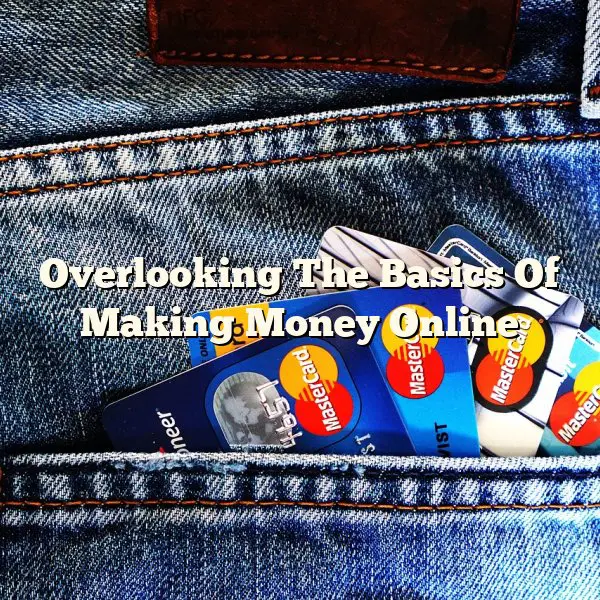This article follows the conventional practice of using the upper case Bitcoin to refer to the program or network and the lower case bitcoin to refer to the currency.
Doing your conversions on your Bitcoin Profit Calculator , estimating the worth of your bitcoin, you could be forgiven for asking: is this stuff really money? It’s not a crazy question.
We all know that numerous veterans from each side of the ongoing pitched battles among defenders of fiat currency and promoters of precious metals have condemned bitcoin as not being real money. The reasons they give are different, even if the final verdict is often the same.
Fiat currency defenders simply give no respect to any alleged money which isn’t backed by a government. Without such backing, they consider it just a joke. More sophisticated versions of the case likely cite the relevance of network-effect – not without some validity.
Practical merit aside though, such arguments are only the death rattle of their beloved money supply. The experience of history reveals having a government (and a government alone) as the guarantor of the money is a recipe for systemic, impoverishing theft through systematic inflation.
In this debate, bitcoin enthusiasts would side with the precious metal crowd. Fiat valuation is the down-slope of a currency. As I explained in an article at the Fiat Currency Review site, money begins as and always remains strong when it is adopted via market processes from an already widely demanded commodity. That alone prevents its corruption by government.
Going back to the dawn of our species, right up to the recent agricultural revolution, sea shells, cattle, tobacco, salt and gold, among others, have arisen as money initially because it was a commodity demanded by enough people that it could be relied upon as a general medium of exchange or store of value. However, if we concede this point against the fiat currency crowd, is bitcoin thereby self-condemned by the same argument, as many precious metal promoters allege?
Certainly the gold bugs are correct to emphasize money as necessarily being backed by a real commodity, with real value. Where they go astray, though, is in their premature dismissal of bitcoin as lacking such a backing.
Bitcoin, in fact, is no less a commodity-money than gold or silver. This widespread confusion that it is just abstract, pixilated numbers rather misses what’s really going on.
It has to be understood that bitcoin as a currency is a product of Bitcoin technology – software and hardware – which is constituted through the networked work of what are, somewhat misleadingly, called the miners. It is these miners who audit and secure the Bitcoin system, by means of solving advanced mathematical equations. Thereby, Bitcoin (and thereby bitcoin) is literally the miners’ math calculations.
Anyone who has kept tabs on the evolving circumstances of Bitcoin mining is acutely aware of one distinctly pertinent fact: mining uses extraordinary amounts of electricity. As the great economist Julian Simon revealed, in his classic book, The Ultimate Resource, high prices of a resource generates incentives to innovate less expressive alternatives.
No doubt, in the long run, the costs of Bitcoin mining will reduce, but it seems hard to imagine how bitcoin could exist without electricity. It is the existence of an electrical system that makes Bitcoin possible. Without it, there would be no bitcoin.
Indeed, as we look off into the future, it seems likely that electricity will be, if it isn’t already, our single most important commodity. The only real rival today is oil. Unlike electricity, though, there surely is a finite amount of oil on the planet. Hundreds of years from now, when oil is too expensive for its current uses – whether generated by windmills, nuclear or hydro power plants, or means not yet invented or conceived – electricity will still be buzzing along.
Consider that aurous compounds have to be excavated, smelted and molded into coins and bars to be commodity-backed money known as gold. What’s so different from the process of generating, conducting and programming electricity into the mathematical calculations that produce B/bitcoin? Both are equally backed by mining a resource from the natural world. However you look at it, that is real (commodity backed) money.
When you need to know the top information on all the best insights into Bitcoin and cryptocurrencies, check us out at the Bitcoin Profit Calculator site. If you’re interested in currency issues, Wallace Eddington’s recent article on the Pros and Cons (and Con Jobs) of fractional reserve banking is must-reading.



